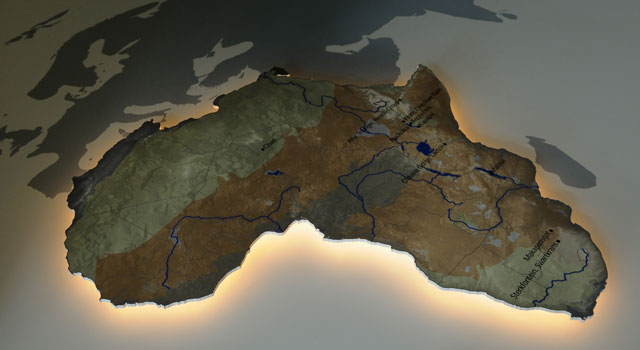 Africa’s fintech start-up ecosystem grew in size by almost 20% and saw US$2.7-billion (about R51-billion) in investment flood in over the last 24 months, according to a new report released by Disrupt Africa.
Africa’s fintech start-up ecosystem grew in size by almost 20% and saw US$2.7-billion (about R51-billion) in investment flood in over the last 24 months, according to a new report released by Disrupt Africa.
Every two years since June 2017, Disrupt Africa has released the Finnovating for Africa publication, which tracks the extraordinary development of the fintech ecosystem across Africa in recent years.
It reveals that the fintech ecosystem is the most-populated vertical within Africa’s wider tech ecosystem, having maintained its steady growth over the last two years. Since the last edition of Finnovating for Africa in 2021, the number of start-ups operating in this space has grown by 17.7% to 678.
This growth is taking place across the continent, with all major markets bar South Africa posting an increase in the number of active ventures. Egypt and Nigeria are growing especially fast, with the number of fintech companies based in those countries leaping by 66.7% and 50%, respectively, in just 24 months.
Meanwhile, not only are African fintech start-ups more likely to raise funding than their peers, they are also more likely to be acquired. Disrupt Africa tracked 26 fintech start-up acquisitions between June 2021 and July 2023, compared to just seven between 2019 and 2021, and accounting for over 60% of the 43 such deals reported since 2011. This should serve to embolden both investors and entrepreneurs in the sector, as exits are the name of the game.
African fintech
Among the earliest segments to emerge in African fintech, the payments and remittances space was once again the most populated in 2023. Indeed, almost half (48.7%) of the fintechs tracked are active either in the payments or lending verticals.
The difficulties inhibiting payments on the continent, as well as moving money around the continent, means entrepreneurs are always eager to provide new solutions to plug the gaps left by incumbents in the financial services sector.
Read: Visa to fund fintech start-ups in Africa
Fifty-nine (29.6%) of these payments start-ups are based in Nigeria, up from 48 (23.3%) in 2021. South Africa has 35 start-ups, representing 17.6%. Kenya (27; 13.6%) and Egypt (26; 13.1%) are the other leading markets. This is unsurprising given the volume of ventures in those markets, but generally speaking, the more advanced an ecosystem, the smaller percentage of its start-ups are active in this sector.
 The number of active fintech-focused blockchain start-ups in Africa declined once again between 2021 and 2023, as the excitement over cryptocurrencies continued to fade.
The number of active fintech-focused blockchain start-ups in Africa declined once again between 2021 and 2023, as the excitement over cryptocurrencies continued to fade.
Linked to the positive sentiment around bitcoin and other cryptocurrencies, as well as things like smart contracts, the number of blockchain start-ups active in Africa leapt 150% to 45 between 2017 and 2019. But since then, as volatility became evident and the crypto world became more fragmented, the sector in Africa has begun to decline. – © 2023 NewsCentral Media




